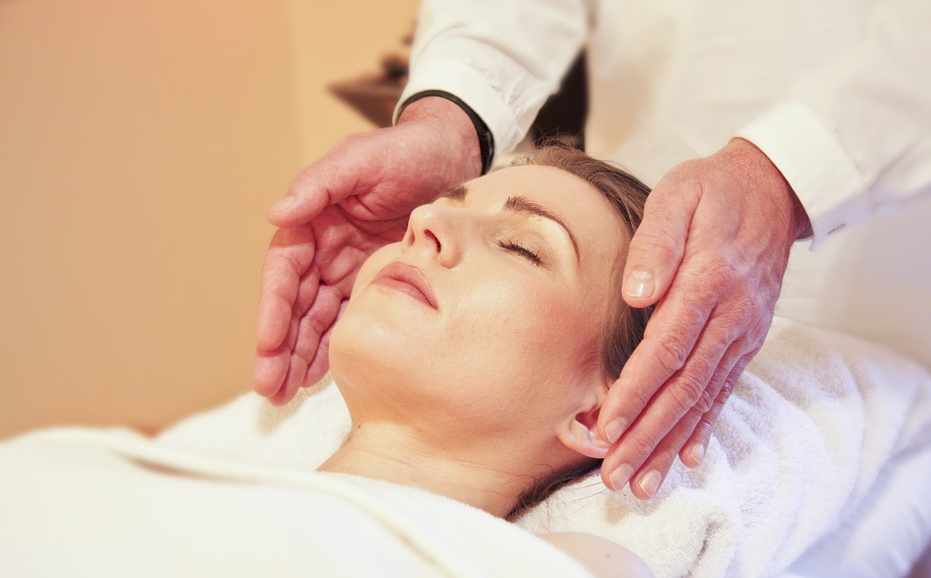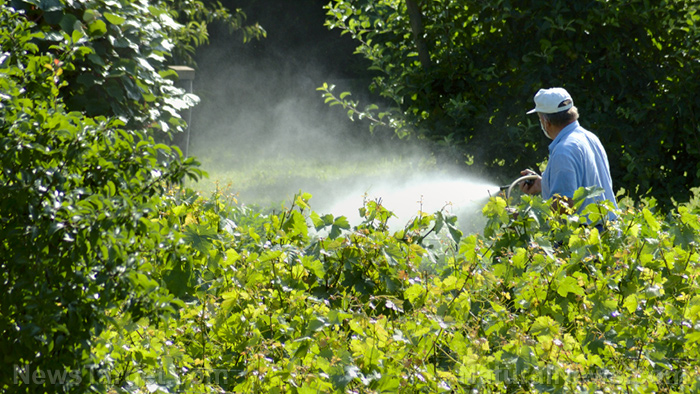Clinical trials prove the effectiveness of reiki in relieving pain
03/23/2021 / By Joven Gray

Clinical trials have shown the ability of reiki — a Japanese healing practice — to provide pain relief.
According to the Center for Reiki Research (CRR), a pilot study was conducted to measure the effects of reiki on 46 patients undergoing knee replacement surgery. The participants were divided into three groups: one received reiki treatment, the second a sham reiki (placebo) and the third standard care.
The researchers found that the group that received reiki experienced reductions in pain, blood pressure, respiration rate and anxiety. The study was conducted by reiki practitioners from the CRR and experts from Drexel University, University of Arizona and Abington Memorial Hospital.
In a separate clinical trial, 207 patients with painful diabetic nephropathy were split into two groups. One received conventional care and reiki while the other received conventional care and sham reiki. The researchers found that patients in both reiki groups felt that their pain was reduced. Moreover, another trial involving 189 patients who just finished a chemotherapy session revealed that reiki significantly decreased pain in their bodies. (Related: Reiki found to be more effective than drugs at treating lower back pain.)
Reiki: origin of the practice
Reiki — a Japanese word meaning soul, spirit and energy, or life force — is a form of alternative healing where a reiki master places his hands on the body of a patient. Reiki practitioners believe that there is an energy field surrounding the human body, and when this energy field becomes imbalanced or blocked, disease develops. The reiki master who places his hand on the patient does not use his personal energy but channels universal life energy to the patient. Its primary goal is to promote healing, reduce pain and create relaxation.

There are many forms of reiki in Japan, but the one that has been introduced and spread in the West is the Usui Reiki, a type of reiki developed in 1922 by Mikao Usui (1865-1926). It is inscribed in Usui’s headstone that after undergoing days of fasting and meditation on top of a mountain, he had a spiritual experience that granted him the ability to heal using reiki. He didn’t conceal the secrets of reiki to himself, but he was able to recruit students to whom he passed the technique. His students, in turn, taught reiki to others until it became popular.
Present-day reiki masters believe anybody can use the technique to heal. In some countries, such as the U.K., there are courses that aspiring reiki masters can take. In addition, reiki practitioners can be labeled either as a level 1, level 2 or reiki master, depending on their expertise.
Today, reiki sessions typically last for one hour and are done on a massage table. Kelsey Patel, a Los Angeles-based wellness and reiki expert, said patients will be asked to lay down still with their clothes on during the session. Practitioners will then place their hands on the head and on the feet of their patients to stimulate healing.
Aside from its ability to reduce pain, relax and heal, reiki masters believe that the practice can also help people lose weight. Experts say this is due to its ability to reduce stress, promote good-quality sleep and increase mindfulness.
When people are stressed, the body releases a hormone called cortisol that increases a person’s motivation to eat. This is where “stress eating” came from. By acting as a stress reliever, reiki may help decrease the urge to eat a lot.
According to Patel, one of the possible effects of reiki is it can give a person better-quality sleep. In relation to weight loss, a review and meta-analysis published in 2016 revealed that people who are deprived of sleep eat an average of 385 extra calories a day.
As for increasing mindfulness, reiki experts believe that people who receive treatments will become mindful of how they eat and will not engage in distracted eating while doing other tasks.
Go to AlternativeMedicine.news to learn more about reiki and other forms of alternative medicine.
Sources include:
Tagged Under: alternative medicine, fight obesity, healing, mental health, natural cures, natural medicine, Naturopathy, pain relief, Reiki, relaxation, slender, stress relief, therapy, weight loss, weight management





















